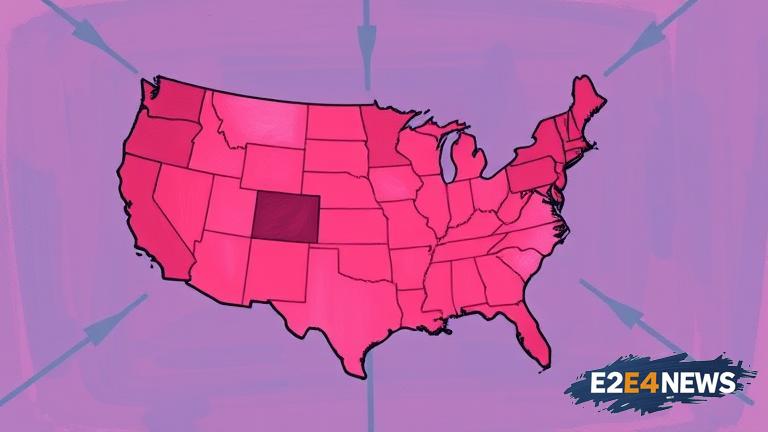Abortion shield laws, which have been enacted in several states to safeguard women’s access to reproductive healthcare, are under fire from anti-abortion groups and lawmakers. These laws aim to protect women from prosecution and ensure that they can access abortion services without fear of reprisal. However, with the increasing polarization of the abortion debate, these laws are facing growing opposition. In recent months, several states have introduced bills that seek to undermine or repeal these shield laws, sparking concerns about the future of women’s rights in the US. The abortion shield laws were enacted in response to the Supreme Court’s decision to overturn Roe v. Wade, which had guaranteed women’s access to abortion nationwide. Since then, several states have passed laws that restrict or ban abortion, leading to a patchwork of laws that can be confusing and intimidating for women seeking reproductive healthcare. The shield laws are designed to provide a safe haven for women, ensuring that they can access abortion services without fear of prosecution or reprisal. However, anti-abortion groups and lawmakers argue that these laws are unconstitutional and undermine the rights of unborn children. The debate over abortion shield laws is highly polarized, with both sides presenting strongly held views. Pro-choice advocates argue that these laws are essential to protecting women’s health and wellbeing, while anti-abortion groups claim that they are morally reprehensible. The issue has sparked a national conversation about the role of government in regulating women’s bodies and the importance of protecting women’s rights. As the debate continues to unfold, it is clear that the future of abortion shield laws is uncertain. Several states are currently considering bills that would undermine or repeal these laws, and the Supreme Court may ultimately be called upon to decide the issue. The implications of this debate are far-reaching, with potential consequences for women’s health, wellbeing, and autonomy. If abortion shield laws are repealed or undermined, women may be forced to seek abortion services in secret, or travel to other states to access care. This could lead to a range of negative consequences, including increased health risks, financial burdens, and emotional trauma. Furthermore, the erosion of abortion shield laws could have a chilling effect on the provision of reproductive healthcare services, making it more difficult for women to access the care they need. The issue has also sparked concerns about the role of government in regulating women’s bodies, with many arguing that the state has no right to interfere with a woman’s decision to have an abortion. As the debate continues to unfold, it is clear that the future of women’s rights in the US hangs in the balance. The outcome of this debate will have significant implications for women’s health, wellbeing, and autonomy, and will shape the course of the national conversation about abortion and reproductive healthcare. In conclusion, the abortion shield laws are a critical component of the national conversation about women’s rights and reproductive healthcare. As the debate continues to unfold, it is essential that policymakers and lawmakers prioritize the health, wellbeing, and autonomy of women, and work to protect and strengthen these laws. The future of women’s rights in the US depends on it. The abortion shield laws are not just a matter of women’s rights, but also a matter of public health, as restricting access to abortion services can have serious consequences for women’s health and wellbeing. The World Health Organization has recognized that access to safe and legal abortion is essential for women’s health, and that restricting access to abortion services can lead to a range of negative consequences, including increased health risks and financial burdens. Therefore, it is essential that policymakers and lawmakers prioritize the health and wellbeing of women, and work to protect and strengthen the abortion shield laws. The national conversation about abortion and reproductive healthcare is complex and multifaceted, and there are many different perspectives and opinions on the issue. However, at its core, the debate is about the fundamental human right of women to make decisions about their own bodies and health. The abortion shield laws are an essential component of this right, and it is essential that they are protected and strengthened. The future of women’s rights in the US depends on the outcome of this debate, and it is essential that policymakers and lawmakers prioritize the health, wellbeing, and autonomy of women.
